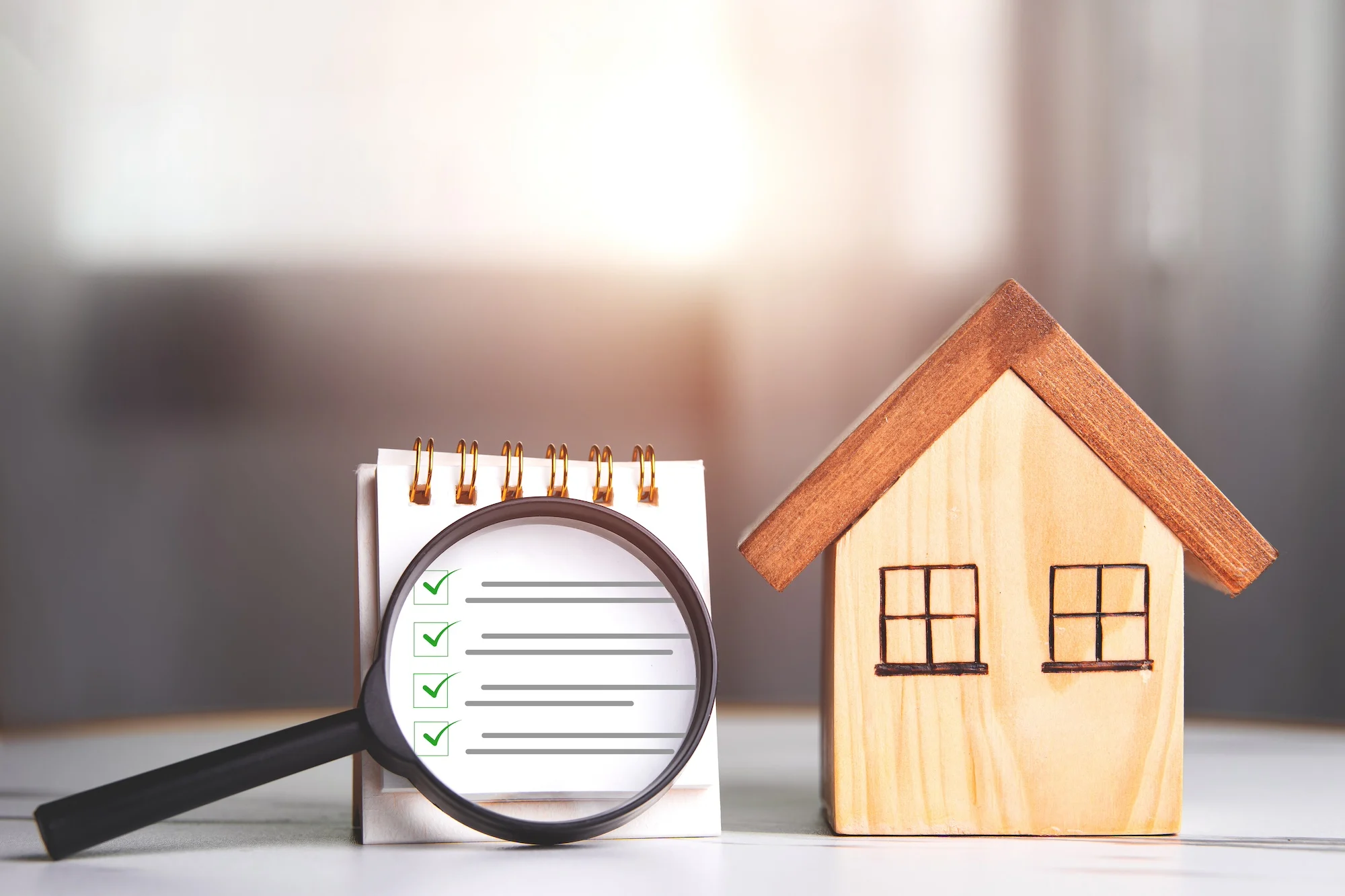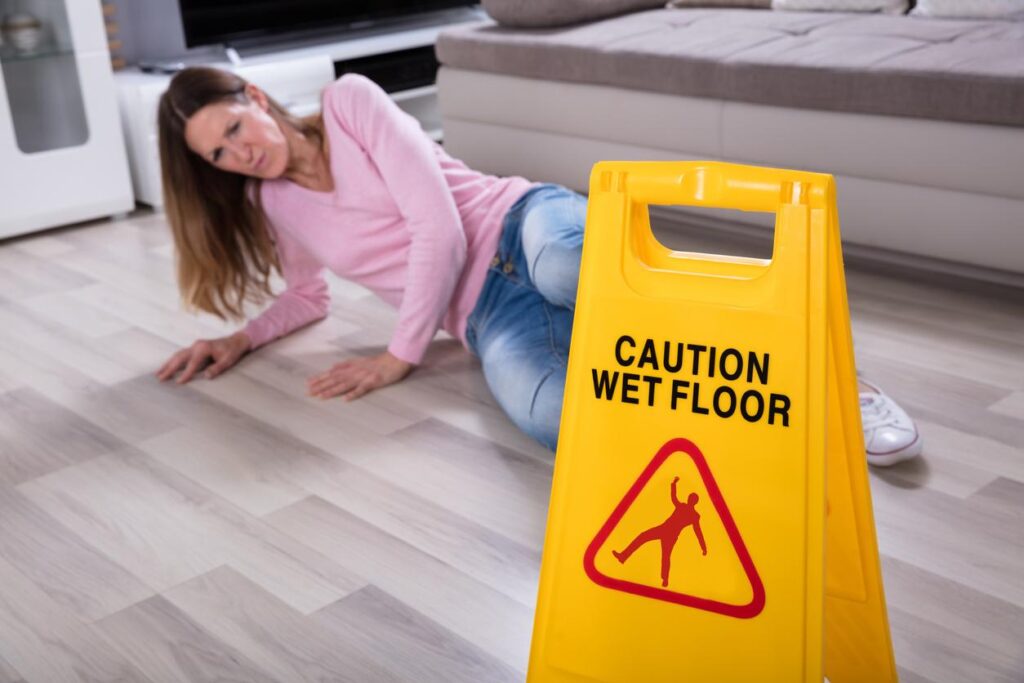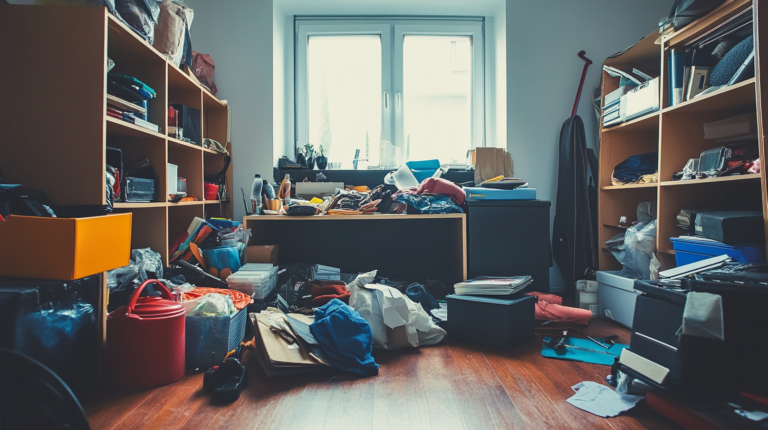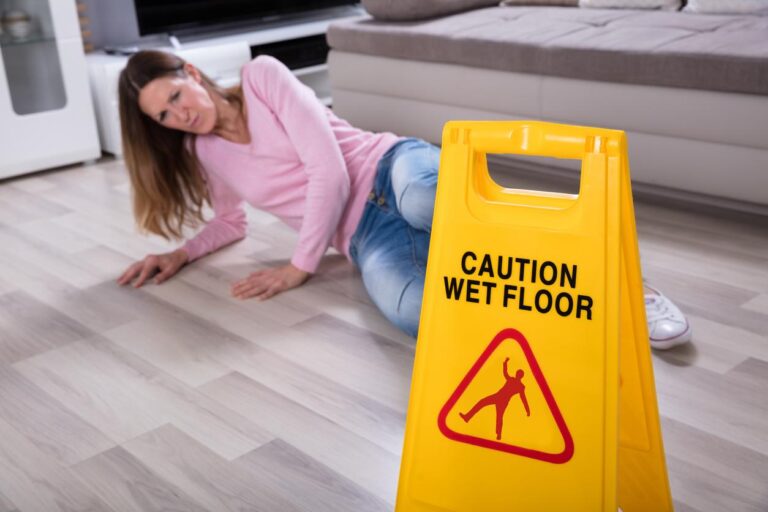Every year, countless families in Florida face the challenge of ensuring that their homes are safe havens for their loved ones. In a state known for its vibrant lifestyle and unique environmental factors, understanding how to accident-proof your home is essential. Implementing key safety measures in your home can significantly reduce the likelihood of accidents, creating a secure environment for your family.
Florida’s homes present specific challenges, from pool safety to protecting against natural disasters like hurricanes. Addressing these risks requires not just awareness but practical steps to fortify living spaces. By focusing on critical areas such as water safety, electrical hazards, and securing heavy furniture, families can proactively safeguard their homes.
Beyond physical adjustments, it is also vital to educate all members of the household, including children, about safety protocols. Discover useful tips from Florida personal injury professionals to ensure that everyone is prepared to minimize risks. With the right actions and knowledge, every family can transform their Florida residence into a much safer place.
Prioritizing Safety Features in Your Home

Ensuring a secure living space involves evaluating potential hazards and implementing effective protective strategies. Special attention should be given to preventing water-related accidents and enhancing overall household safety.
Assessing Risks and Protective Measures
Conducting regular safety reviews can help identify potential threats in various areas of the home. Installing smoke detectors and carbon monoxide alarms can alert residents to immediate dangers. These devices should be checked monthly to ensure they are functional and effective.
Incorporating security systems adds another layer of protection, as they can deter intruders and provide peace of mind. Homes with children should have proper childproof locks on cabinets and drawers to keep hazardous substances out of reach. These preventive measures are vital for reducing risks and promoting a safer environment.
Securing Swimming Pools and Waterfronts
For homes in Florida, addressing water safety is critical due to the prevalence of residential pools and proximity to bodies of water. Pool fences with self-latching gates are essential in preventing unsupervised access by children. These barriers should be well-maintained and compliant with local safety standards.
Consider placing visible water safety signs around the pool area to remind everyone about the rules. Additionally, homeowners might install pool alarms to alert them when someone enters the water. Regularly reviewing these safeguards ensures they remain effective in preventing accidents and promoting a safe environment for everyone, particularly young children and pets.
Regular Maintenance to Prevent Hazards

Routine maintenance plays a critical role in ensuring home safety. This involves proactive management of potential risks through inspections and preparedness strategies.
Electrical and Structural Inspections
Regular checks of a home’s electrical and structural systems can significantly reduce the risk of accidents. Electrical inspections are essential for identifying outdated or damaged wiring and faulty appliances. This should be performed by a qualified electrician every few years.
Structural inspections, meanwhile, assess the integrity of load-bearing elements like beams and walls. Homeowners should look for signs of deterioration, such as cracks or moisture damage. Keeping an inspection schedule helps ensure timely fixes and maintain safety standards. Addressing issues promptly not only safeguards the family but also protects property value.
Hurricane Readiness and Emergency Kits
In Florida, hurricane readiness is vital for family safety. Preparing a home involves securing windows and doors with shutters or storm-resistant glass. Reinforcing roofs and trimming trees prevent debris during high winds. It’s recommended to follow guidelines for hurricane-proofing to safeguard individuals and properties.
Having an emergency kit is equally important. Essential items include water, non-perishable food, flashlights, and first-aid supplies. Backup power sources like batteries or generators are valuable. Regularly updating and maintaining the kit ensures its effectiveness during emergencies. Familiarity with evacuation routes and plans provides additional security for families during hurricane season.
















